It’s hard to believe, but we’re almost halfway through the first half of the first month of 2015! We greeted the New Year with word of an excellent profile, podcast interview with Greg Funfgeld, and review of the Christmas Concert – all by Michael Miller of New York Arts. You may find this wealth of media here. Our kudos and gratitude to Mr. Miller for perceiving so much of what we find valuable about The Bach Choir, and on his first visit to Bethlehem, to boot! There remains a happy glow about the Christmas Concerts, even as we look forward to an exciting new year of performances.
We had our first rehearsal of 2015 (and, as I write, are preparing to brave the cold for rehearsal number 2), and it was a great opportunity to reacquaint ourselves with movements of the Handel Ode to St. Cecilia, which we began learning in the fall. This will be featured in our Spring Concert, with the Lehigh University Philharmonic (another piece on that program, Stravinsky’s ecstatic Symphony of Psalms, is promised similar treatment, tonight). We also rehearsed some festival repertoire, looking even further ahead!
Tomorrow, you may join us for the first Bach at Noon of 2015, featuring music most appropriate to greet the New Year. We’ll begin with with our organist and Assistant Conductor, Tom Goeman, playing the Prelude and Fugue in E-Flat, BWV 532. This is one of his greatest organ works – a longer pair of pieces about which organists observe a quiet moment of introspective respect, before beginning to wax rhapsodic. It begins, appropriately, in French overture style (fitting to raise the curtain on the new year), which is alternated with a fiercely moving contrapuntal section, the former lending it an impeccable elegance, the latter, great intellectual and musical rigor. The fugue that follows has three sections. It begins with a stile antico fugue on the theme of the melody that begins the hymn tune, St. Anne, which most of us know as O God, Our Help in Ages Past. It sounds like a somewhat simple treatment, until you realize there are moments during which Bach has five independent voices of counterpoint moving simultaneously. This section always feels noble and evocative of the past to me. Then follows something we might term the “fierce urgency of now,” a perpetuum mobile for hands alone in four voices. It’s not easy to learn, but once the performer has it in hand, it’s hard to imagine such challenging music simultaneously feeling so good to play. Halfway through the second section, the original fugue theme is reunited with the material from the second. After a thorny passage that includes sequence, chromaticism, and suspensions galore, the fugue launches into a stunning dance (which has, to my spirit, seemed like the Omega of the Alpha and Omega this fugue evokes). At this point, Bach begins throwing everything in his compositional palette at the themes in an ever-evolving, music of the spheres kind of moment. This fugue is one of my favorites in the repertoire, and I’ve chatted with Tom about it in the past. His ardor is similar, so it’s fair to expect that this will be a magical performance of a magical piece. In its compositional style, BWV 532 looks back at the past, lives in the present, and anticipates the future. How fitting!
Next, choir and orchestra will offer a cantata Bach wrote for the Feast of the Circumcision, which, in the Lutheran liturgical calendar, was New Year’s Day. Cantata 171 begins with a brief opening chorus which attentive listeners will recognize as the zippy fugal dance that comprises the second movement of the Credo from the Mass in B-Minor. It’s always amusing as Greg introduces a new cantata – often while noting from where we might know some of the musical source material. Of course, with movements of the mass that are parodies of cantata movements, the notes are often a smidge different, which can cause amusing calamity in the first read-throughs. We have mastered this cantata, and are eager to sing it for the Bach at Noon audience. After the opening chorus, there’s a lovely aria for tenor (tomorrow, the marvelous Robert Pitello is at bat). After a devout recitative, Rosa Lamoreaux will offer a virtuosic soprano aria, with an equally virtuosic violin obbligato, played by our concertmaster, Liz Fields. We’re delighted to herald the return of Brian Ming Chu back to Bethlehem (he played several characters in our children’s opera, Young Meister Bach, last spring, to great comedic and artistic effect). Brian will sing a lengthy and colorful recit for bass, followed by a wonderful chorale from the choir, offered with dramatic and festive interpolations from trumpets and drums.
It’s going to be cold tomorrow, but also sunny, so dress warm, and plan to arrive around 11:30 at Central Moravian to secure yourself a good seat, and great the New Year with the Bach Choir!






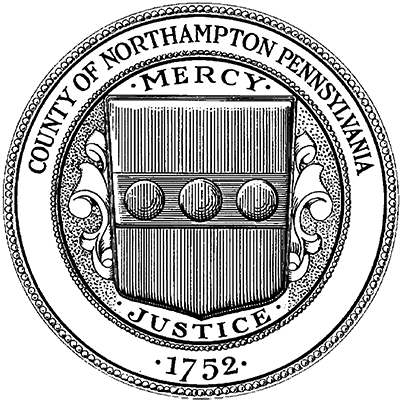









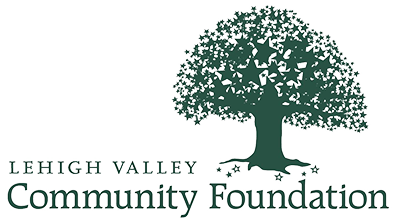


















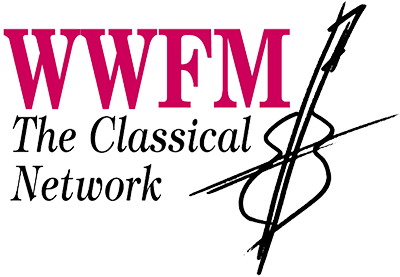



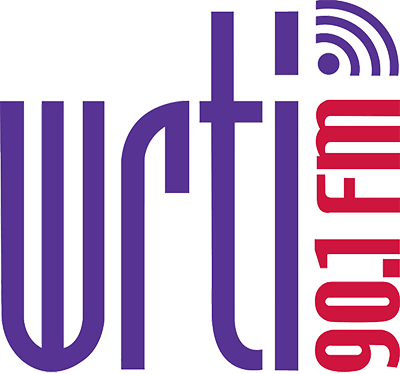


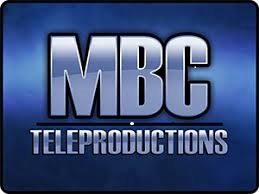
Thank you for your very kind comments. The Bach Choir is a treasure. This was the first on many visits to Bethlehem.
You’re welcome, and thanks again! When you’re next in town, have Bridget introduce us. In the meantime, take care, and happy listening!